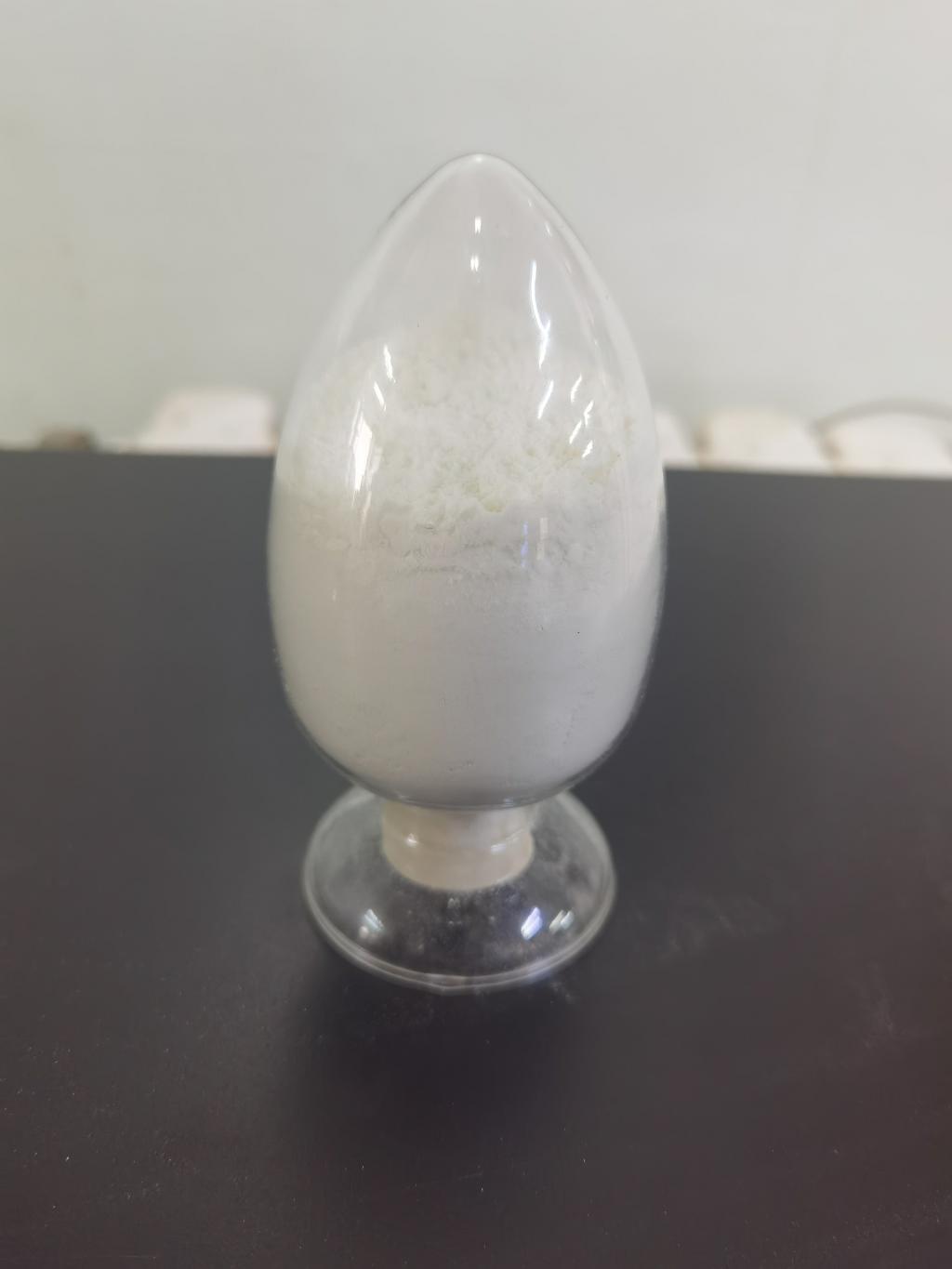Tel:+8618231198596

News
 CONTACT
CONTACT
 CONTACT
CONTACT
- Linkman:Linda Yao
- Tel: +8618231198596
- Email:linda.yao@dcpharma.cn
- Linkman:CHARLES.WANG
- Department:Overseas
- Tel: 0086 0311-85537378 0086 0311-85539701
News
ε-Polylysine Hydrochloride Collaborations in Promoting Food Equity and Accessibility.
TIME:2023-11-09
Understanding ε-Polylysine Hydrochloride:
ε-Polylysine hydrochloride is a biopolymer produced by a specific strain of Streptomyces albulus. It is composed of a chain of lysine residues linked by amide bonds and is known for its antimicrobial properties. ε-PL is approved for use as a food preservative in various countries and has a long history of safe use.
Extending Shelf Life and Reducing Food Waste:
One of the primary ways ε-polylysine hydrochloride contributes to food equity is by extending the shelf life of various food products. By inhibiting the growth of spoilage microorganisms and foodborne pathogens, ε-PL helps reduce food waste. This is especially important for perishable foods like fruits, vegetables, and seafood, which are often wasted due to spoilage before they reach consumers.
Collaborations with Food Distribution Networks:
ε-PL can collaborate with food distribution networks to ensure that food reaches consumers in the best possible condition. For example, it can be applied to fresh produce and seafood before packaging, helping these products remain fresh for longer during transportation and storage. This collaboration results in higher-quality food reaching consumers, reducing food waste and ensuring that more people have access to safe, nutritious food.
Enhancing the Safety of Ready-to-Eat Meals:
In the context of food equity, ready-to-eat meals play a crucial role in providing convenient and accessible food options, especially for individuals with limited access to cooking facilities. ε-PL contributes to the safety of these meals by inhibiting the growth of foodborne pathogens, preventing microbial contamination, and ensuring that they remain safe for consumption. This makes it possible for more people to access ready-to-eat meals without compromising their health.
Improving the Quality of Protein-Rich Foods:
Protein-rich foods, such as meat, poultry, and seafood, are valuable sources of nutrition. However, they are highly susceptible to spoilage and microbial contamination. ε-PL's collaboration with these foods involves extending their shelf life and enhancing safety. This ensures that more protein-rich foods reach consumers in optimal condition, addressing food equity by making high-quality protein sources more accessible.
ε-PL in Bakery Products:
Bakery products, including bread, cakes, and pastries, are staples in many diets. ε-PL's role in these products is to inhibit the growth of molds and bacteria, helping maintain their freshness, texture, and appearance. Collaboration between ε-PL and the bakery industry contributes to the quality and accessibility of these products.
Reducing Post-Harvest Losses:
One of the significant challenges in achieving food equity is reducing post-harvest losses, particularly in regions with limited infrastructure and resources. ε-PL can be used in collaboration with post-harvest handling practices to prevent spoilage in fruits and vegetables. This technology can help extend the shelf life of these perishable foods, ensuring that a larger portion of the harvest reaches consumers.
Sustainable Agriculture and Food Production:
Food equity and accessibility are closely tied to sustainable agriculture and food production. ε-PL's application in agriculture as a natural preservative can help reduce the need for synthetic chemical preservatives, which may have negative environmental impacts. By promoting sustainable agricultural practices, ε-PL contributes to a more equitable and accessible food system.
Collaboration with Food Aid Organizations:
Food aid organizations play a vital role in addressing food insecurity and ensuring that vulnerable populations have access to nutritious food. ε-PL's use in preserving food aid shipments can extend the shelf life of these products, reducing the risk of spoilage during transportation and storage. This collaboration is particularly important in disaster relief efforts and in supporting marginalized communities.
Regulatory Considerations and Safety:
Collaborations involving ε-PL must prioritize food safety and adhere to regulatory guidelines. It is essential that food producers and organizations using ε-PL in their food products or distribution systems ensure compliance with relevant regulations and safety standards.
Conclusion:
ε-Polylysine hydrochloride, as a safe and effective food preservative, offers valuable collaborations in promoting food equity and accessibility. By extending the shelf life of food products, inhibiting spoilage and microbial contamination, and enhancing food safety, ε-PL plays a pivotal role in reducing food waste and ensuring that safe, high-quality food reaches more people. These collaborations, whether with food producers, distribution networks, or aid organizations, contribute to a more equitable and accessible food system, addressing the global challenges of food insecurity and unequal access to nutritious food. It is essential that these collaborations continue to be explored and harnessed to their full potential in the pursuit of food equity and accessibility.
- Tel:+8618231198596
- Whatsapp:18231198596
- Chat With Skype







